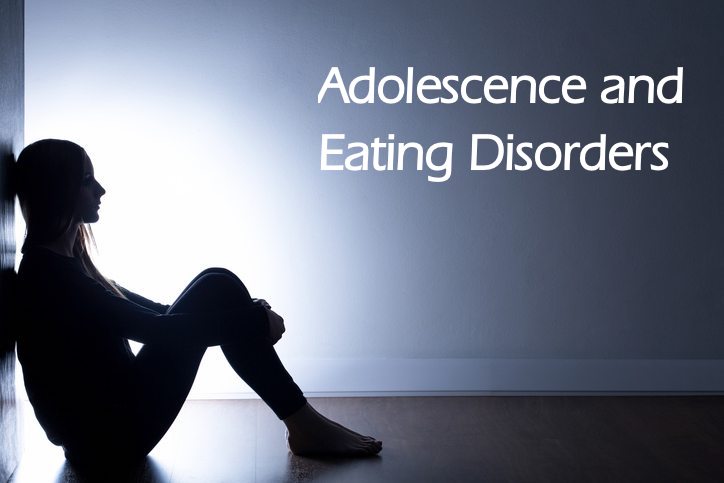|
You should be worried. Food consumption of American adolescents is characterized by a high intake of fat, sugar and salt, and the near absence of fiber, fruit, vegetables, and healthful fats. Their physical activity has also markedly declined. Also of great concern is the adolescent embrace (like every other segment of the population) of the “thin ideal”. These beliefs and habits by adolescents are contributing to an increased prevalence of obesity, binge eating, starving, and purging. Media that promote, indeed idolize, thinness as the body ideal have led to a preoccupation with body shape and weight among teens, both male and female. The pursuit of the perfect body: thin with muscle definition. But because they’re also facing a complex array of social, family and academic demands, many turn to food.
Emotional eating causes a vicious cycle: eating provides temporary stress relief, then anxiety and depression, purging and temporary relief again, until the next time. And the cycle repeats. They’ve learned nothing about emotion regulation or effective problem solving, only problem avoidance. So if parents see odd eating habits in their teen’s eating, they should be concerned. Advice to parents:
The Alarming Facts:
The Hopeful Facts:
So, what’s the takeaway for parents? You’re probably already on the right path by making your home a judgment-free food zone. Enjoy food, even love it. But keep eating in perspective. There are many ways to create a delicious and meaningful life. Explore your own non-food interests and talents and invite your teenagers to join you. If they’re not interested (and there’s a good chance they won’t be, let’s be real!), have fun with and without food. Make your own life interesting and meaningful. They’ll notice. Remember, you influence them more than anyone in their world. Have fun, and bon appetite! 4/11/2022 03:45:26 am
This post is very easy to read and understand without leaving any details out. Great work! Thanks for sharing this valuable and helpful article. 9/21/2022 09:00:03 am
I appreciate you providing this really useful article with anyone who may read or view it. Teenagers today are disproportionately affected by eating problems. I'm hoping this will benefit them. Comments are closed.
|
Categories
All
Archives
March 2023
|
[email protected]


 RSS Feed
RSS Feed